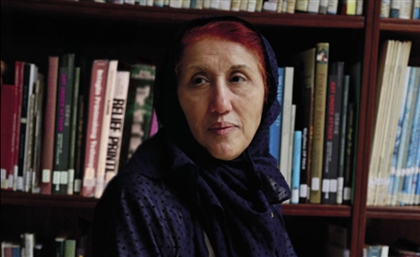NEOM is Developing Sensory Technology to Detect Pests in Palm Trees
The technology is intended to combat a SAR 1 billion loss per annum in Saudi Arabia’s SAR 9.2 billion date industry.

A recent study by Topian, NEOM’s food company, claims that the Saudi date industry is worth SAR 9.2 billion (USD 2.4 billion) and consists of 36 million palm trees, but loses approximately SAR 1 billion per annum due to red palm weevil infestations.
Partnering with AK-Sens, a King Abdullah University of Science and Technology (KAUST) start-up, Topian intends to develop optical fibre sensing technology for the early-stage detection of red palm weevils in thousands of trees in under an hour.
Topian’s latest trial at NEOM involved one thousand trees and achieved 96.3% accuracy, in 66% less time than in previous rounds. While the technology has thus far been used for palm trees and red palm weevils exclusively, it has the potential to extend to other crops and pests to increase agricultural efficiency nationwide.
Red palm weevils, like tephritidae fruit flies, are among the greatest threats to the Kingdom’s agricultural industry. Summer is an especially dangerous time for crops because elevated temperatures and humidity levels provide the optimal conditions for pests to thrive.
The resulting spread of bacteria and plant mould can cause food poisoning if ingested, due to salmonella, E. coli and listeria bacteria. These infections can then result in diarrhoea, nausea, vomiting, abdominal cramps or fever. If a consumer contracts a parasitic infection from contaminated produce, they could potentially suffer from drastic weight loss, anaemia, hormone imbalances, nervous system disorders, and even face an increased risk of cancer.
- Previous Article UAE Company Fertiglobe to Export Green Ammonia From Egypt to Europe
- Next Article Travel Across History on Egypt's Most Iconic Bridges
Related Articles
Trending This Week
SceneNow TV
Events Calendar




















